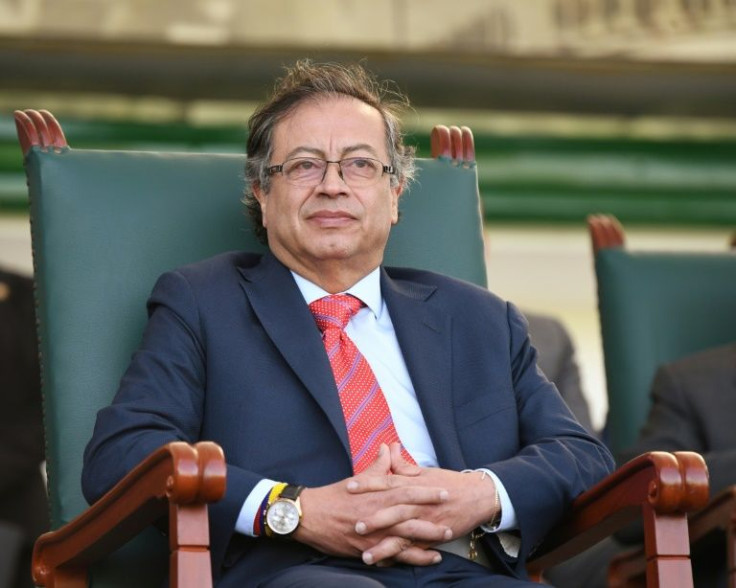
President Gustavo Petro of Colombia convened this week's conference on Venezuela's political crisis with the ambitious objective of resuming stalled negotiations between the government and the opposition ahead of next year's presidential elections.
Political observers said that following the five-hour conference in Bogota on Tuesday, Apr. 25, diplomats from 19 nations and the European Union struggled to come up with a specific plan on how to get both sides back to the table, increasing concerns about what will happen next.
"The points of agreement represent more or less where the international community was before the conference," Carolina Jimenez, president of the Washington Office on Latin America think tank, told Al Jazeera about the outcome of the talks.
The administration of Venezuelan President Nicolas Maduro, which supervised the widely regarded illegitimate 2018 presidential elections, has been blamed for stifling opposition voices, a campaign that some fear could ramp up before the elections in 2024.
The Venezuelan opposition and the international community have concurred that a free and fair election might help end the country's crisis, which has resulted in mass migration due to political unrest and socioeconomic woes.
The conference this week, however, was unable to provide a clear plan for restarting negotiations with Mexico, which have been dormant since late last year. Instead, previously agreed-upon principles were restated, including the necessity of holding free elections, the need to restart dialogue, and the relaxation of sanctions on Venezuela.
The world community has come under pressure to assist the negotiations taking place in Mexico since 2021 because of the global energy crisis brought on by the conflict in Ukraine, the large exodus of more than seven million people from Venezuela, and a left-leaning political shift in Latin America.
Analysts said the conference in Colombia's capital, which neither the Venezuelan government nor the opposition was invited to attend, helped firm up that support, but it also showed that any quick fixes to the Venezuelan crisis are unlikely.
"None of this isn't going to be resolved quickly," said Ligia Bolivar, an analyst at the human rights group, AlertaVenezuela. "It's a process."
While observers lauded the United States's decision to send a high-level delegation, as well as President Petro's new role in helping to promote dialogue, Maduro's response to the conference deflated any expectations of a prompt return to negotiations.
The Maduro administration outlined its requirements for resuming negotiations in a statement issued by the Venezuelan Ministry of Foreign Affairs on Tuesday.
These requirements included the release of Venezuelan diplomat Alex Saab, who is currently detained in the U.S. on charges of money laundering, and the establishment of the multibillion-dollar humanitarian fund that was agreed to in the previous round of political negotiations.
In order to establish a fund that would be administered by the UN, both sides had agreed in November to unfreeze $3 billion that had been held in foreign banks. This money would be used to rebuild Venezuela's failing electrical grid and offer humanitarian aid to the country's poor.
Analysts have warned that it may take some time to unfreeze the assets, and it is still unknown when the funds would be available.
As for the approaching elections, they were not mentioned in the foreign ministry statement, which experts said appeared to indicate that the Maduro administration was unwilling to negotiate fair voting conditions.
© 2025 Latin Times. All rights reserved. Do not reproduce without permission.




